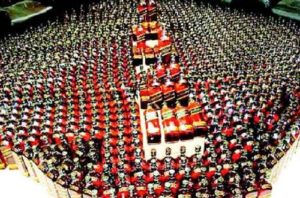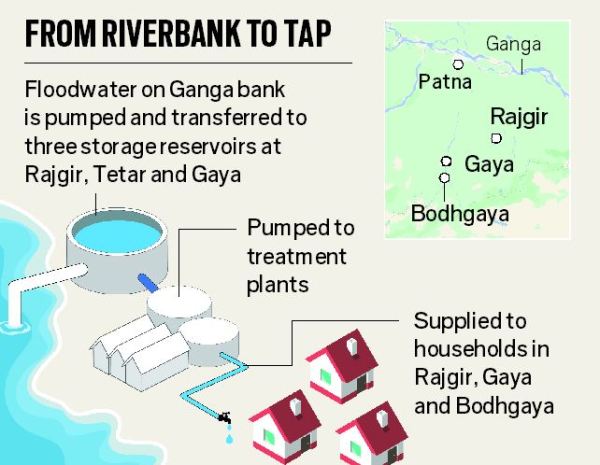Bihar does well to reduce quantum of punishment for liquor consumption, now must junk prohibition entirely
2 min read On Monday, the Nitish Kumar-led Bihar government diluted some of the harsh penalties of its 2016 Prohibition and Excise Act that outlaws the consumption and sale of alcohol in the state. The dilutions concern the quantum of punishment meted to first- and second-time offenders. While, under the earlier law, liquor consumption was to be treated as a non-bailable and cognisable crime, after Monday’s amendments, it has become a bailable and non-cognisable offence. Now, first-time offenders can walk after paying a Rs 50,000 fine or serving a three-month prison sentence. For those who are caught violating the law a second time, the punishment is a Rs 1 lakh fine or three-years imprisonment. Under the earlier law, the punishment ranged from five years to life imprisonment.
On Monday, the Nitish Kumar-led Bihar government diluted some of the harsh penalties of its 2016 Prohibition and Excise Act that outlaws the consumption and sale of alcohol in the state. The dilutions concern the quantum of punishment meted to first- and second-time offenders. While, under the earlier law, liquor consumption was to be treated as a non-bailable and cognisable crime, after Monday’s amendments, it has become a bailable and non-cognisable offence. Now, first-time offenders can walk after paying a Rs 50,000 fine or serving a three-month prison sentence. For those who are caught violating the law a second time, the punishment is a Rs 1 lakh fine or three-years imprisonment. Under the earlier law, the punishment ranged from five years to life imprisonment.
Though the relaxations are welcome, Bihar needs to understand that its blanket prohibition is doing it more harm than good. As per data from the Narcotics Control Bureau, there was a 1,000% rise in the amount of marijuana (ganja) seized in the state between 2015 and 2016, the first two years of the prohibition. Seizure of other drugs, like opium and cannabis resin (hashish), too, recorded multi-fold increases. The alcohol ban also led to a spurt in bootlegging. As per a Times of India report from February, 840 litres of India-made foreign liquor and 7,352 litres of country liquor were seized in just one district bordering Nepal in 2017. This also means that the state is losing excise revenue to its neighbouring states and Nepal because of the prohibition. Relaxing the ban’s more draconian provisions is fine, but the fact is that the Act is lazy policymaking and does nothing to curb addiction. Instead, it pushes the matter under the carpet and criminalises addiction while the right state response should have centred on counselling and de-addiction. The ‘criminal’ addict is thus pushed to the periphery but the problem is not dealt with. Instead of working towards rehabilitating addicts, the regulation ostracises and disenfranchises them assistance. The state needs to assess all its losses because of the alcohol ban and work towards immediately reversing it.
Courtesy: The Financial Express


